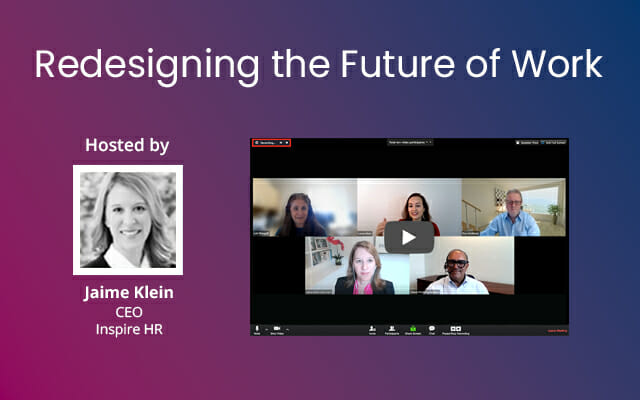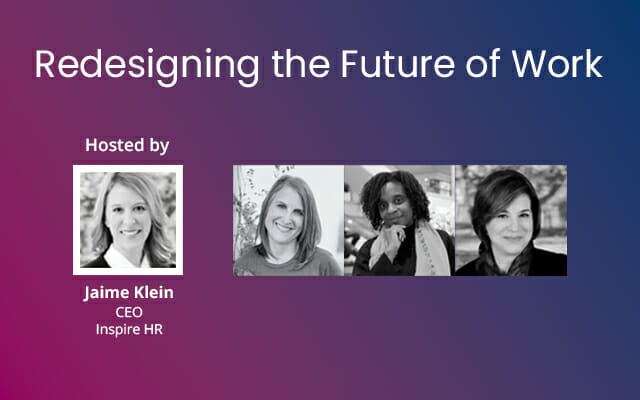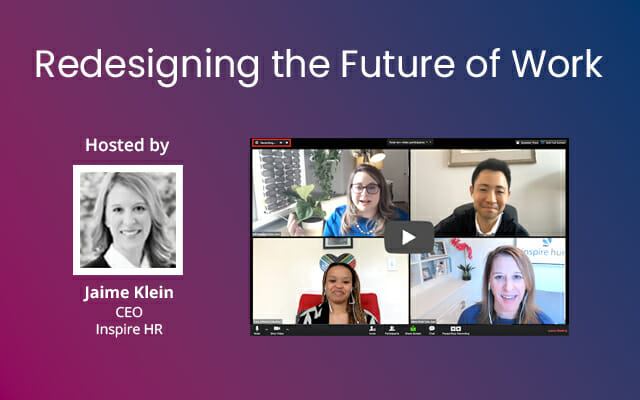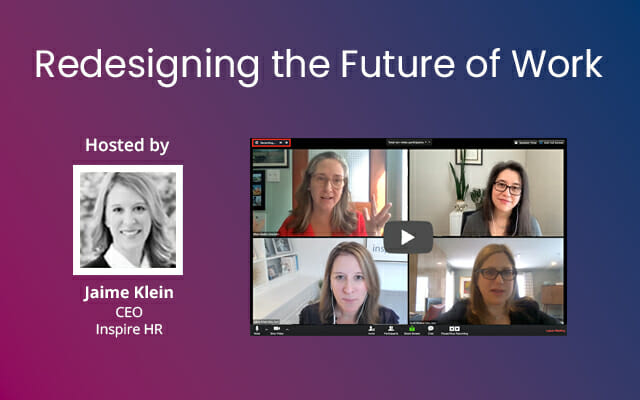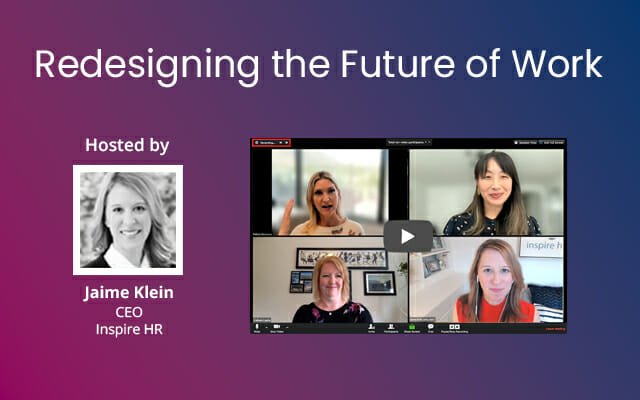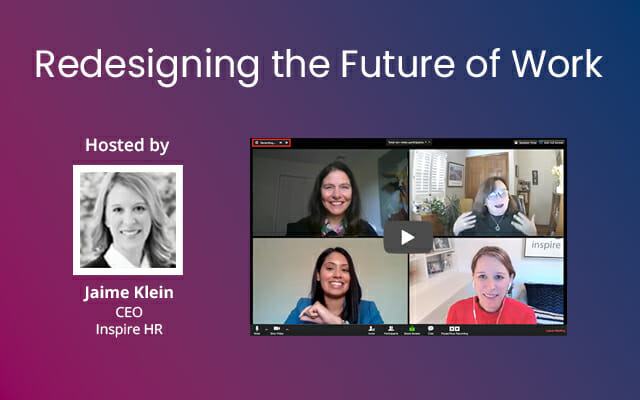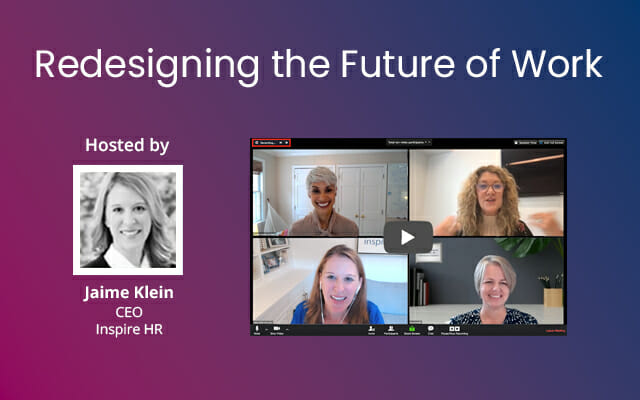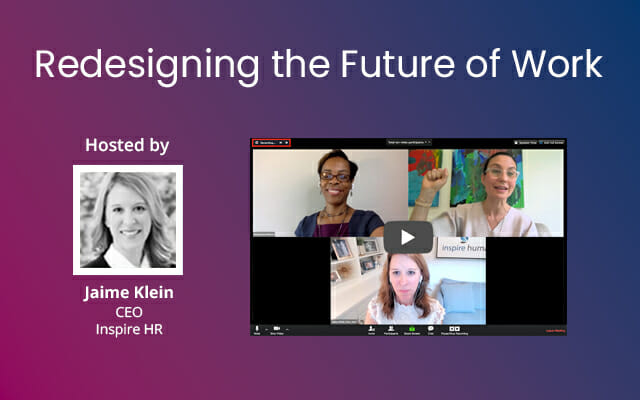
How Business Leaders Can Promote Positive Employee Mental Health During The Coronavirus Pandemic
AUG 10, 2020
How Business Leaders Can Promote Positive Employee Mental Health During the Coronavirus Pandemic
Employee mental health is an issue business leaders and HR cannot afford to ignore. Teams today are struggling with a growing list of concerns, including: schools reopening (or not), racial inequality disproportionately impacting Black employees, and widespread economic uncertainty.
Four times more adults report symptoms of an anxiety disorder today, compared to one year ago. And according to the Kaiser Family Foundation, more than half of Americans feel the pandemic is negatively impacting their mental health—a number that climbs to 68% among Black Americans.
Mental health struggles are not limited to entry-level workers, either. Former First Lady Michelle Obama admits on The Michelle Obama Podcast that she is feeling “some form of low-grade depression… not just because of the quarantine, but because of the racial strife.”
When we begin working with clients on building inclusive cultures that promote employee mental health, we find there is often confusion among leaders about exactly what their role is. A leader’s role is not to be a mental health counselor, but rather to create a safe space where their employees can share the challenges facing them at work and at home so they can come together to find solutions.
We encourage every leader to take the following four steps to help promote positive mental health among their employees:
1. Normalize challenges
Leading by example is critical right now. A staggering 80% of workers who report struggling with a mental health issue do not feel comfortable seeking help due to shame or stigma. It is up to leaders and HR to offer a culture that normalizes the feelings so many have today.
A colleague at a global high-growth wellness company recently told me how their head of Legal Affairs is very open about her struggle to balance work demands and caring for school-aged children. She sets boundaries, like not attending meetings that will go beyond 3:30 pm, and has encouraged her team members to do the same.
Several IBM employees started a work from home pledge as a grassroots initiative that was then picked up by CEO Arvind Krishna and formalized across the organization. The IBM Work From Home Pledge now includes commitments to be family sensitive, set boundaries, and frequently check in on people, among others. Build a Better Culture offers a similar pledge opportunity for any individual or company.
Pacific Gas and Electric Company (PG&E) has created a digital space where employees are encouraged to share stories about caring for a child, balancing work and home, staying connected through physical distancing, and more. These personal examples reinforce the message that no one is alone.
2. Train people to spot early signs of struggle
Leaders and managers must be proactive in addressing mental health, but many are not sure how. It is up to business leaders and HR to be deliberate in equipping managers with the tools they need to spot when an employee may be struggling, so they can help connect the person with helpful resources, or adjust the workplace to accommodate.
The Virgin Group actively trains managers on how to best support their colleagues in need as part of their Virgin Care program that also includes traditional resources like telehealth options, counseling, and coaching services.
We recommend managers begin meetings by asking everyone to rank their mood on a scale of 1-10. Then, pay attention to trends. If someone routinely answers 8, then starts to report more 3’s, that’s a clear sign—and an open door to ask directly if everything is ok.
3. Provide Access to Resources
The companies best positioned to address their employees’ mental health needs during the pandemic are those who had already developed a supportive culture. But, traditional resources are not enough in this anything-but-traditional environment.
EY has introduced group sessions for adult caregivers, parents, and people caring for someone with a disability to build community and normalcy for employees facing similar challenges. Verizon Media has brought in highly qualified professional guests to address their team—from Associate Director of Psychiatry at Johns Hopkins Dr. Jennifer Lanier Payne to wellness guru Deepak Chopra. And Intuit is providing each employee with ten additional days of paid time off, plus twenty days of family support time that can be used in large or small chunks, for example to take an afternoon off for homeschooling.
4. Listen (and listen more)
While it is important to have resources available to offer, leaders must be careful not to jump immediately into fix-it mode. Mental health is not a simple problem that can be effectively addressed over a single conversation. And, everyone’s situation is different. A one-size-fits-all approach is not going to work. Truly listen to what an employee is saying—about their struggles and their needs, and routinely check-in to gauge what additional support may be needed. This is especially important for white leaders who lack the perspective from lived experience that their Black colleagues have.
Your post-pandemic reputation
According to Harvard Business Review, close to 40% of people admit that their company has not even asked them how they’re doing since the pandemic began. This may seem disheartening, but in our experience, leaders do want to support their employees, and often the inaction is a result of not knowing how. These four tips are a place to start.
As Scott Beth, Intuit’s Chief Diversity and Inclusion Officer explains, “Five years from now, people will remember how their companies treated them during the most profound shock of our work lifetimes, and it will really speak to our brands and our reputations for a very, very long time.”
